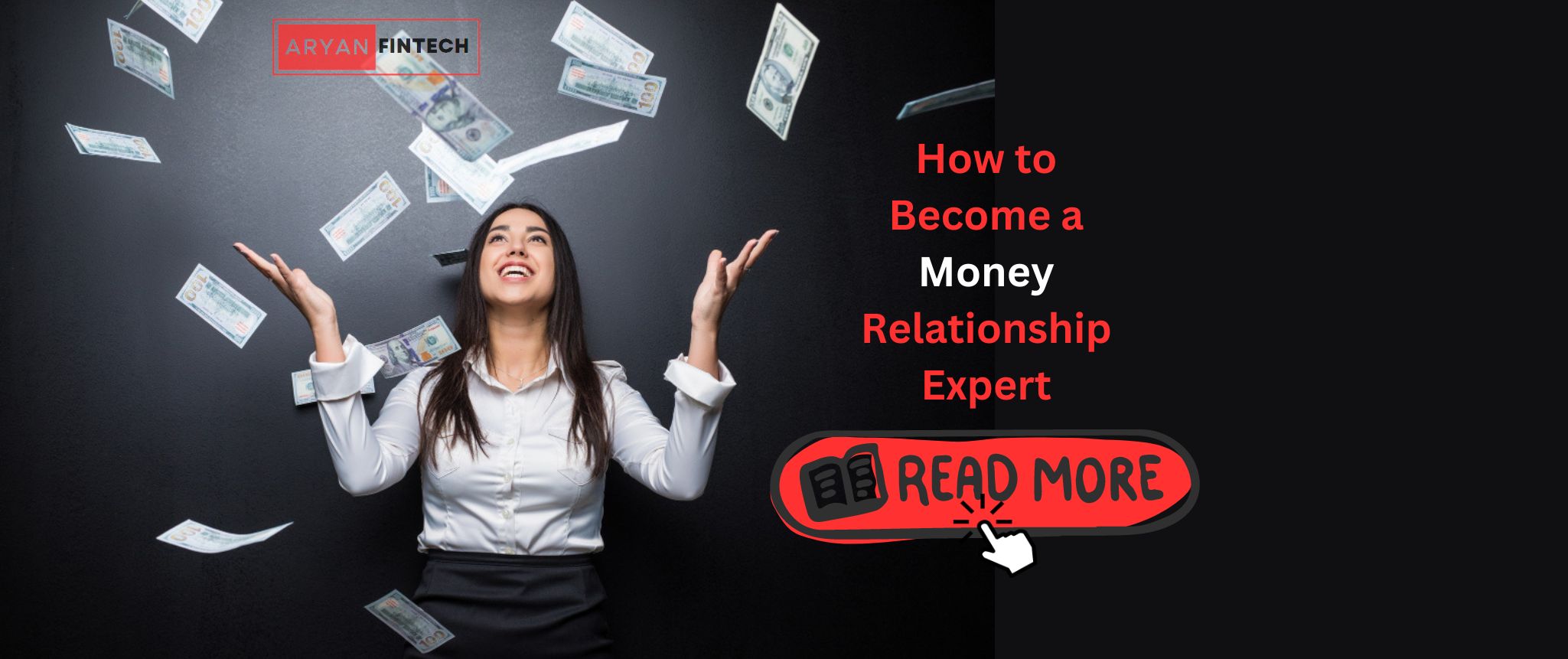Money has a significant impact on our lives, impacting our decisions, desires, and general happiness. However, many people struggle with their relationship with money, often experiencing stress, anxiety, and conflicts due to financial matters. In this blog, I’ll share my personal journey and insights on how I developed a healthy and positive relationship with money. By adopting a mindful approach and implementing practical strategies, I was able to transform my financial mindset and achieve greater financial well-being.
Introduction
Money is more than just a tool for transactions; it shapes our lifestyle, choices, and peace of mind. My journey towards a healthy relationship with money began with recognizing that my attitude towards money was shaped by various factors, including upbringing, society, and personal experiences.
Understanding My Money Mindset
To develop a healthy relationship with money, I realized the importance of understanding my money mindset. I reflected on my beliefs about wealth, success, and happiness. This introspection allowed me to identify any negative beliefs that were holding me back.
Acknowledging Financial Emotions
Emotions exert a considerable influence over the choices we make regarding our finances.. I started acknowledging my feelings of fear, guilt, or insecurity related to money. By addressing these emotions head-on, I was able to make more rational and constructive financial choices.
Shifting to a Growth Mindset
Developing a growth mindset was pivotal. I began viewing financial challenges as opportunities for growth and learning. This shift in perspective allowed me to approach financial setbacks with resilience and a willingness to learn.
Setting Realistic Financial Goals
Setting clear and achievable financial goals provided me with a sense of direction. Whether it was saving for a dream vacation or building an emergency fund, having tangible goals motivated me to manage my finances more responsibly.
Creating a Balanced Budget
A well-structured budget became my financial compass. I allocated funds for essentials, savings, and leisure activities, ensuring a balanced and sustainable financial lifestyle.
Practicing Mindful Spending
Mindful spending involves conscious decision-making while making purchases. I started evaluating whether a purchase aligned with my values and goals. This practice helped me curb impulsive spending and prioritize meaningful expenses.
Learning About Investments
I delved into the world of investments to grow my wealth over time. Through research and education, I learned about stocks, bonds, and real estate, making informed decisions that aligned with my risk tolerance.
Embracing Financial Education
Continuous learning was a cornerstone of my journey. I attended seminars, read books, and followed reputable financial blogs to enhance my financial literacy and make informed choices.
Avoiding Comparison Traps
The temptation to compare my financial status with others was a roadblock to a healthy relationship with money. I learned to focus on my progress and goals instead of falling into the comparison trap.
Gratitude for Abundance
Expressing gratitude for what I already had shifted my focus from scarcity to abundance. This simple practice allowed me to appreciate the non-material aspects of life that brought immense joy.
Finding Joy in Non-Material Wealth
I discovered that happiness wasn’t solely tied to material possessions. Meaningful relationships, experiences, and personal growth became invaluable sources of joy and fulfillment.
Building an Emergency Fund
Creating an emergency fund provided me with financial security and peace of mind. This fund acted as a safety net during unexpected events, eliminating the stress associated with financial uncertainties.
Seeking Professional Financial Advice
I recognized that seeking advice from financial professionals was a smart move. Their expertise helped me refine my financial strategies and make well-informed decisions.
Conclusion
My journey to developing a healthy relationship with money was transformative. By adopting a growth mindset, setting goals, practicing mindfulness, and prioritizing financial education, I not only improved my financial well-being but also enhanced my overall quality of life. Remember, building a positive relationship with money is a continuous journey that requires self-awareness, discipline, and a willingness to learn.
Frequently Asked Questions (FAQs)
Is it too late to start developing a healthy relationship with money?
It’s never too late! Regardless of your age or financial situation, you can start making positive changes today.
How can I overcome the fear of financial insecurity?
Addressing your fears begins with acknowledging them. Seek support from loved ones or a financial advisor to create a plan that mitigates your concerns.
What’s the significance of a growth mindset in finances?
A growth mindset helps you embrace challenges and setbacks as opportunities for learning and improvement, fostering resilience in financial matters.
Can mindfulness really impact my spending habits?
Absolutely! Mindfulness cultivates awareness and intentionality in your choices, leading to more conscious and thoughtful spending decisions.
Where can I find reliable financial education resources?
You can explore books, online courses, seminars, and reputable financial websites to enhance your financial literacy and make informed decisions.

